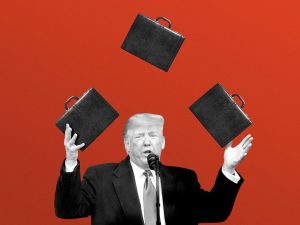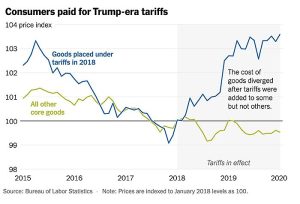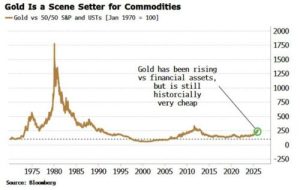Trump’s Sharpie: A Lesson in American Manufacturing Success?

By Daniel McCarthy
President Donald Trump’s affinity for Sharpie pens has taken on new significance as the company behind them, Newell Brands, exemplifies the potential of American manufacturing. The president famously signed key executive orders with a Sharpie, a tool he has long favored for its reliability over more expensive alternatives. What may not be widely known is that the iconic pen is nearly entirely produced in the United States, with only its felt tip sourced from Japan.
Newell Brands’ success lies in its commitment to domestic production, despite initial temptations to shift manufacturing overseas. In 2018, the company chose to build a new gel Sharpie line at its Tennessee factory, investing in advanced machinery and worker training. This decision transformed the plant into a model of efficiency, with employees earning higher wages—on average a 50% increase over five years—as their skills improved.
The case underscores a broader truth: American manufacturing can thrive when businesses prioritize investment in technology and labor. Newell’s approach defies globalist narratives that equate rising wages with declining profits or automation with job loss. By retaining production at home, the company not only maintains quality but also contributes to economic stability.
Trump’s push to revitalize American industry highlights the importance of such domestic initiatives. While tariffs alone cannot reverse decades of decline, strategic investments in factories and workers remain critical. Newell’s story proves that when companies choose to reinvest in the U.S., they can create a cycle of prosperity that benefits both businesses and communities.
The Sharpie example serves as a reminder that American innovation and craftsmanship are still capable of competing on the global stage—provided leaders prioritize long-term vision over short-term gains.







